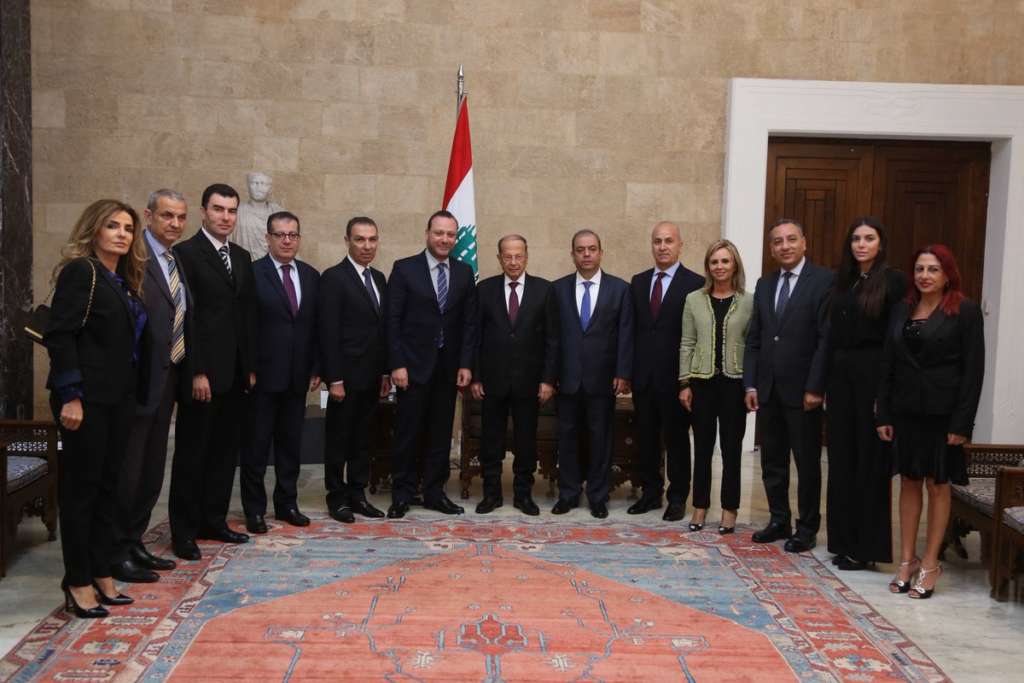Beirut- Lebanon’s President Michel Aoun said on Tuesday that if parliament failed to agree on a new electoral law before its term expires on June 21, then the Constitution stipulates that electors be called to participate in the polls within 90 days based on the current law.
The President’s comments were seen by some observers as a hint or a prelude to clearly announcing the failure of Lebanon’s political parties to agree on a new electoral law.
While sources close to the Presidential Palace refused to place Aoun’s statements in the framework of deciding that the upcoming elections would be based on the 1960 law, member of Liberation and Development parliamentary bloc Ali Khreiss held the Free Patriotic Movement and its chief, Foreign Minister Jebran Bassil, without naming them, responsible for disrupting any deal on a new law.
The bloc is headed by Speaker Nabih Berri, who heads Amal Movement.
“Those disrupting an agreement over a new electoral law, are the same people who are still attached to the qualification electoral system and who refuse to let go of it,” Khreiss told Asharq Al-Awsat on Tuesday.
It is known that Bassil had proposed the so-called qualification electoral system, which several Lebanese parties had considered a repetition of the sectarian and confessional divisions listed in the “Orthodox Gathering law,” which stipulates that each sect votes to its own deputies.
Khreiss asked: “Why should we reach the date when Parliament’s term expires before agreeing on a new electoral law?”
He said Aoun was attached to the three NOs: No to the vacuum, no to the 1960 law and no to the extension of parliament’s term.
“However, if we reach June 21 without agreeing on a new law, we will enter a three-month vacuum before holding the elections based on the 1960 law. This means that the three NOs have directly or indirectly collapsed.”
The Amal deputy said his party is still holding onto the three NOs and would refuse holding elections based on the current 1960 law.
The sources at the Presidential Palace told Asharq Al-Awsat that “Aoun’s comments came to clear things up facing voices terrorizing people about a possible vacuum, and to name things as they are, without meaning that a decision was taken to adopt the 1960 law.”
On Tuesday, Aoun said during a meeting with a delegation of the Press Club at the Presidential Palace in Baabda: “I do not want the 1960 law, but if we do not reach a solution, do I just leave the republic unrestrained?”
Meanwhile, Interior Minister Nohad al-Mashnouq said Tuesday that the course of the new electoral law would be determined before May 29.
“Parliamentary elections will be held before the end of 2017,” Mashnouq added in response to a question by United Nations Special Coordinator for Lebanon Sigrid Kaag.
